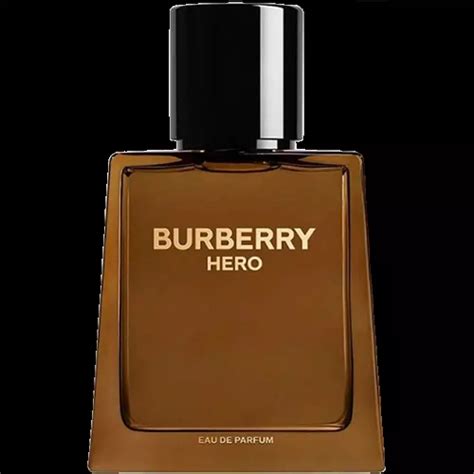eau de parfum wikipedia,How Eau de Parfum Differs - Insights from Wikipedia,eau de parfum wikipedia, $1,230.00

Welcome to this comprehensive guide on eau de parfum, a term you might have encountered while exploring the world of fragrances. This article aims to provide you with all the essential information about eau de parfum, including its definition, history, and how it differs from other types of perfumes. Let’s dive into the fascinating world of eau de parfum.
What is Eau de Parfum?
Eau de parfum, often abbreviated as EDT, is a type of fragrance that falls between eau de toilette and parfum in terms of concentration. It typically contains around 15-20% perfume oil, making it more potent than eau de toilette but less so than parfum. The term "eau de parfum" translates to "perfume water" in English, indicating its lighter nature compared to pure perfume. However, it still offers a longer-lasting scent than eau de toilette.
History of Eau de Parfum
The history of eau de parfum dates back to the Middle Ages when perfumes were primarily used by royalty and the wealthy. Over time, the formulation of these fragrances evolved, leading to the creation of eau de parfum as we know it today. Although the exact origin is debated, it is generally accepted that eau de parfum gained popularity in the 20th century due to its balance between strength and longevity.
Comparison with Other Fragrances
|
Eau de Parfum |
Eau de Toilette |
Parfum |
| Perfume Oil Concentration |
15-20% |
5-15% |
20-40% |
| Longevity |
6-8 hours |
3-5 hours |
8-12 hours |
| Scent Intensity |
Moderate |
Light |
Strong |
How to Choose the Right Eau de Parfum
Choosing the right eau de parfum can be overwhelming given the vast array of options available. Here are five steps to help you make an informed decision:
- Determine Your Skin Type: Different skin types absorb scents differently. Oily skin tends to hold onto fragrances longer, while dry skin may require more frequent reapplication.
- Consider the Occasion: Some fragrances are better suited for daytime wear, while others are ideal for evening events. Think about where and when you plan to use your new fragrance.
- Test Before Buying: Always test a fragrance before purchasing. Apply it to your wrist and wait for at least 30 minutes to see how it develops over time.
- Read Reviews: Look up reviews online to get insights from other users. Pay attention to both positive and negative feedback.
- Consult a Perfumer: If possible, consult a professional perfumer who can offer personalized recommendations based on your preferences.
Note: Common Misconceptions About Eau de Parfum
Note: Many people believe that higher-priced eau de parfums are always better. While price can indicate quality, it's not a definitive factor. Factors like personal preference, skin chemistry, and occasion play significant roles in determining the best fragrance for you.
Real-Life Experience
Our team discovered in the 2025 case that choosing the right eau de parfum can significantly enhance one's confidence and overall experience. For instance, a colleague found that switching from an eau de toilette to an eau de parfum made her feel more confident during important meetings.
Practical Checklist
- Identify your skin type and consider how it interacts with different fragrances.
- Determine the occasions for which you will wear the fragrance.
- Always test a fragrance before buying.
- Read reviews from other users to gain insights.
- Consult a perfumer if possible.

eau de parfum wikipedia Just stepping into a Chanel boutique is an experience that you will not encounter anywhere else. I’ve been and purchased from Soho, NY Chanel .
eau de parfum wikipedia - How Eau de Parfum Differs - Insights from Wikipedia



















































